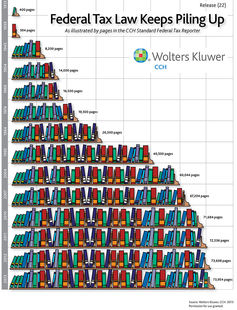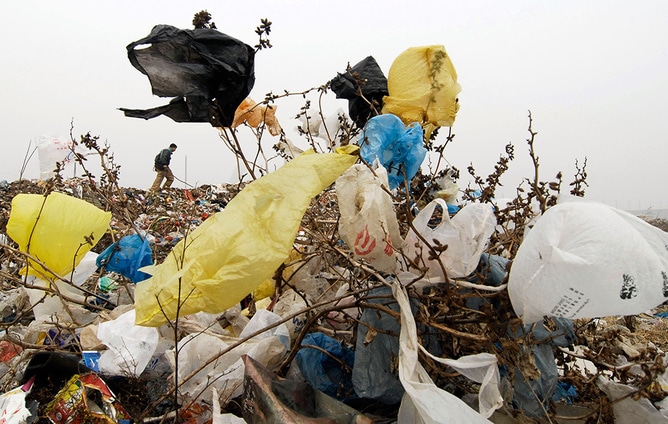The Benefits of a Banking GST for Australia
South Australian Premier Jay Weatherill has argued for broadening the GST base to include all financial services, something also floated by the Financial System Inquiry. The idea has merit, although the complexity of the issue makes assessing the consequences and merits difficult.







